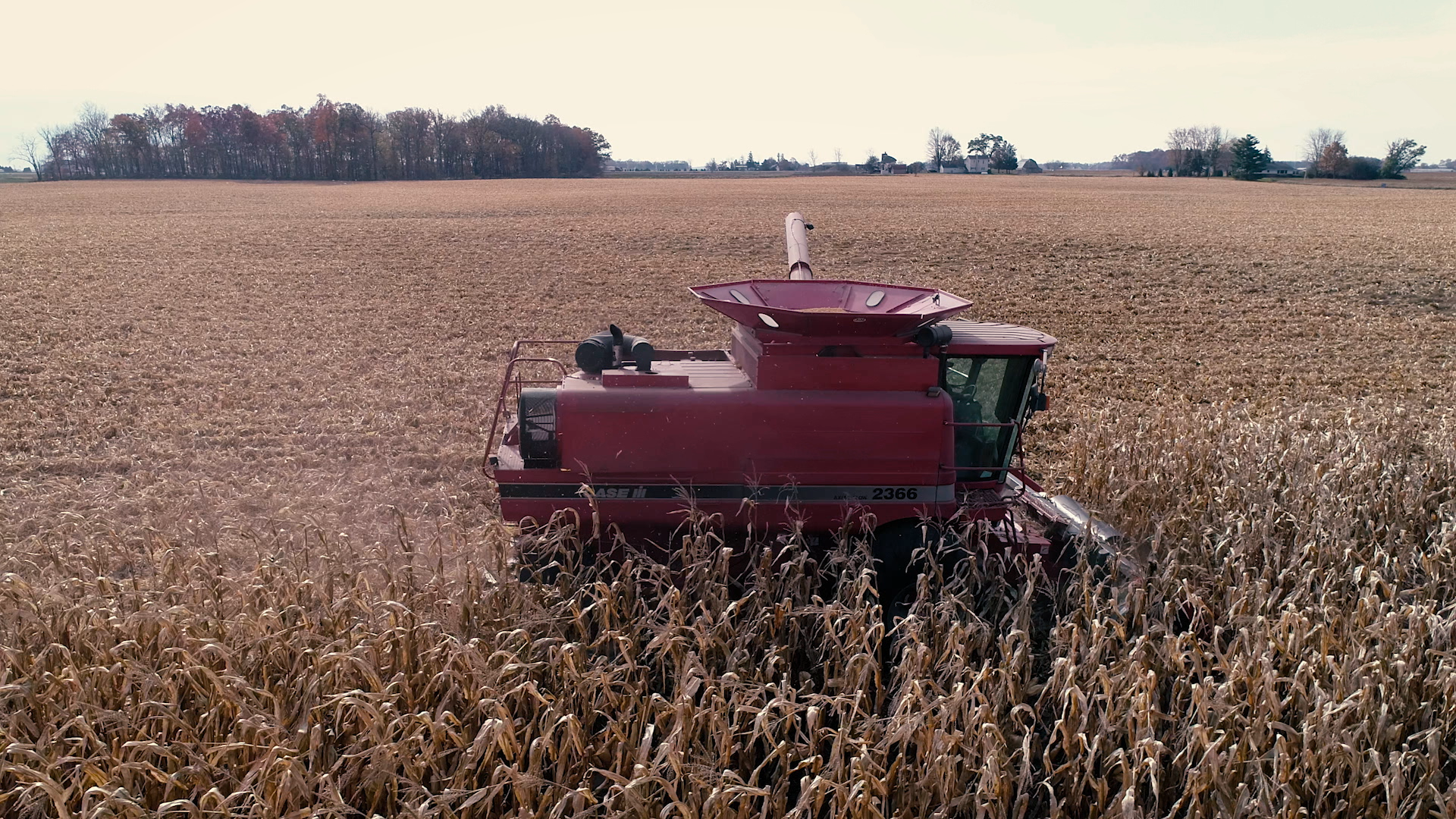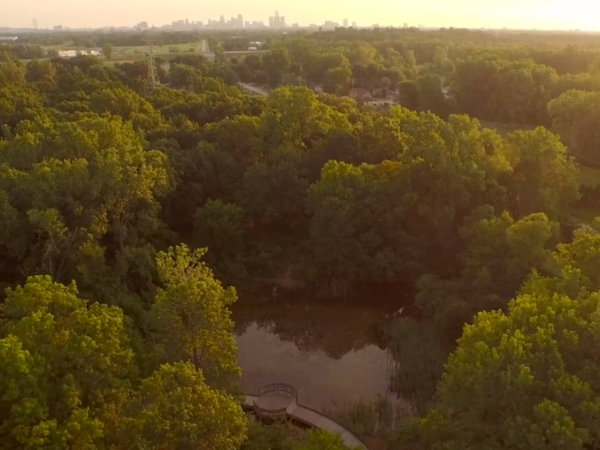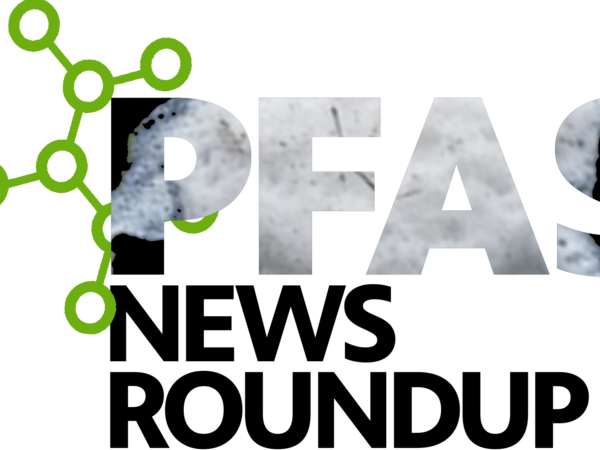
The Ontario government is funding projects aimed at helping farmers and landowners preserve water quality of the Great Lakes watershed.
More than $2.5 million was awarded to 19 projects that ranged from green infrastructure projects to helping spread good land management practices to reduce the amount of contaminants and excess nutrients, such as phosphorous, entering the Great Lakes.
The funding is part of the ninth Canada-Ontario Agreement on Great Lakes Water Quality and Ecosystem Health, a series of five-year agreements between the federal and provincial governments to restore, protect and conserve the water quality and ecosystem health of the Great Lakes.
“Ontario farmers work hard every day to protect the environment by using agricultural best management practices on their farms,” said Lisa Thompson, Ontario Minister of Agriculture, Food and Rural Affairs, in a statement. “By further supporting our farmers in the implementation of the latest sustainable farming practices through this funding, they are protecting lakes and waterways and improving soil health.”
The projects include $200,000 for research at Ryerson University in Toronto to assess how agricultural land management and reservoir management can reduce nutrient losses to the Great Lakes; $265,000 for the Ontario Soil and Crop Improvement Association to build custom trailers to quantify real-time soil compaction at demonstration sites; and $300,000 for the Ausable Bayfield Conservation Authority to provide workshops and demonstrations for farmers to increase adoption of best management practices in high priority watersheds, and develop a strategy to identify the best opportunities for green infrastructure.
Much of the work that will be supported by this funding has been going on for some time, said Mari Veliz, Healthy Watersheds Manager for the Ausable Bayfield Conservation Authority.
“We work with farmers to take fragile land, or land not suited to agriculture, and create woodlands or wetlands,” she said, along with offering advice on nutrient management, cover crops, and reducing tillage. “These have benefits not just on water quality, but crop productivity as well.”
Mark Reusser, vice-president of the Ontario Federation of Agriculture, said the funding was welcome news for farmers.
“We always appreciate when the government decides to incentivise good water quality for everyone,” he said.
In general, he said, farmers know what best management practices are needed to improve water quality – things like planting cover crops to prevent soil loss in the winter, careful use of fertilizer, fencing off watercourses from cattle, and planting buffer strips of trees along streams to protect the banks from erosion.
But the upfront costs in both money and time, and the often long timescales before any benefit is seen, means they are not always implemented as often as they should be.
“Often when farmers invest in these things, they don’t see any financial return or the improvements only accrue over a long time period,” he said. “That’s why these incentives are so valuable. The benefit of these programs is to give an extra push.”
Reusser said Ontario’s farmers take their responsibility for preserving water quality seriously.
“We are stewards of the environment and watercourses, and have some responsibility to ensure that water quality is good and constantly improved,” he said, before pointing out the shared responsibility beyond farmers. “We all have a stake in this, everyone who lives on the landscape, including those in cities.”
Catch more news on Great Lakes Now:
The Farmory: Is indoor fish farming a viable way of tackling declining fish populations?
Ohio expands farmer incentive program to clean up Lake Erie
Featured image: Ohio farm (Great Lakes Now Episode 1016)




